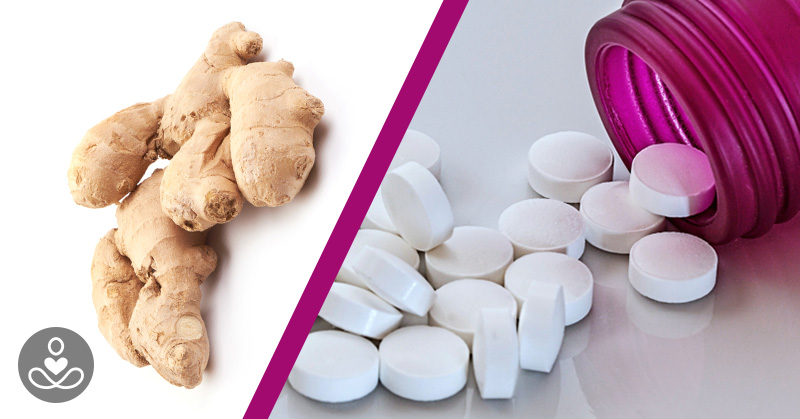Ginger (Zingiber officinal) is a plant used for centuries as a medicine, commonly to reduce nausea, relieve pain, and aid in digestion. It is a common ingredient in many foods and beverages. Ginger can also be used as a supplement and comes in various forms, including concentrated tablets, liquid tinctures, and juices. While it has various proven medicinal properties, it has to be taken with caution.
According to WebMD, Ginger has the potential to interact with certain medicines, so people with the below conditions need to be careful.
Clotting Medications
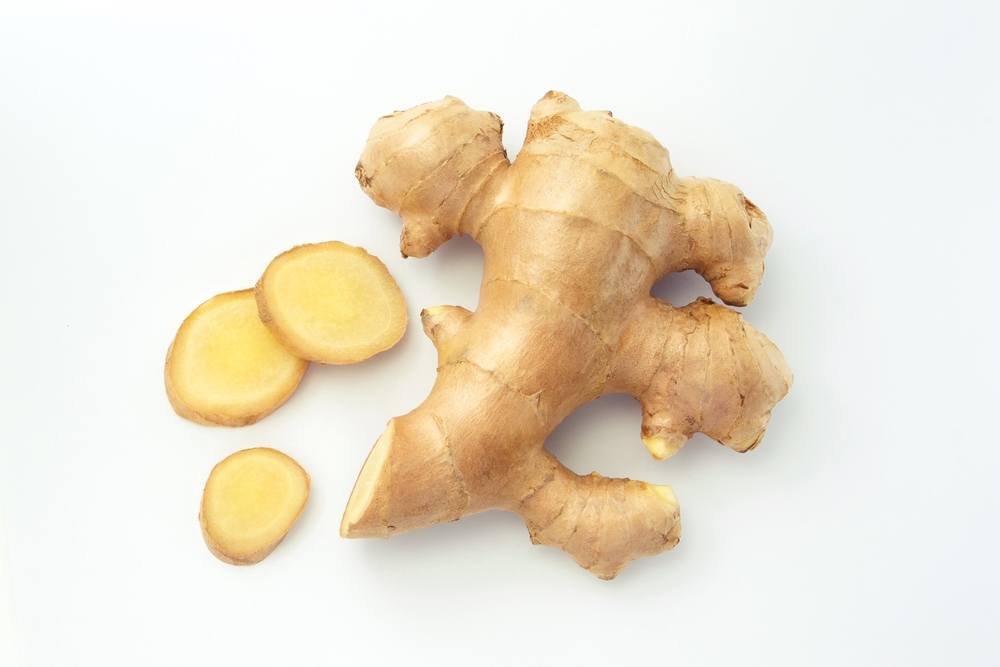
Ginger has blood thinning properties, which can slow the clotting process. For this reason, those who are already taking blood-thinning medications need to be careful when incorporating ginger into their diet, as a food or supplement. This is because ginger may potentiate the effect of the medication, leading to bleeding or bruising. Always double-check with your healthcare practitioner before taking ginger to avoid contraindications.
Some medications that are used to slow clotting of the blood are ibuprofen, clopidogrel (Plavix), naproxen (Naprosyn, Anaprox), enoxaparin (Lovenox), warfarin (Coumadin),
Read More: Why You Should Reach for Ginger Ale Next Time You’re on a Flight
Type 2 Diabetes
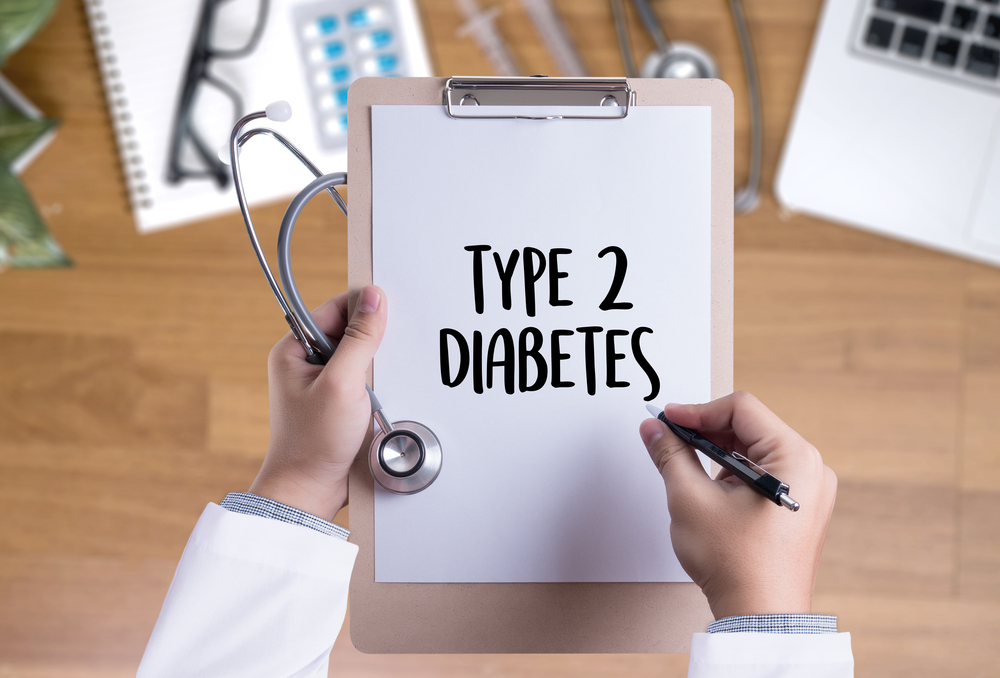
Ginger is used as a natural way to lower blood sugar. When less than 4 grams a day is used, it can help lower blood pressure and manage insulin. Diabetics use it as part of a natural health regime to lower blood pressure. However, those on medications such as insulin or Metformin to regulate blood sugar levels, need to ask their prescribing physicians about the potential side effects of ginger and see if it is safe so blood sugar does not get too low.
In larger amounts, it is possible to experience heartburn, upset stomach or diarrhea. You might need to moderate your blood sugar more closely or adjust dosage. Medicines with potential interactions with ginger are glyburide (Glynase Prestab, Diabeta), glimepiride (Amaryl), insulin, rosiglitazone (Avandia), tolbutamide (Orinase), chlorpropamide (DIabinese) and pioglitazone (Actos)
High Blood Pressure

Calcium channel blockers are used to help control hypertension. These include trade names such as Norvasc and Cardizem. Calcium channel blockers have the potential to interact with ginger by potentiating the effects of the drug.
This can cause heart rates or blood pressure to drop too much, causing complications like an irregular heartbeat. Patients taking high blood pressure medications need to discuss it with their healthcare practitioner if they are planning on supplementing or adding ginger regularly to their diets.
Read More: This is Why Most Ginger Ales Won’t Actually Settle Your Stomach
Gallstones and Ginger
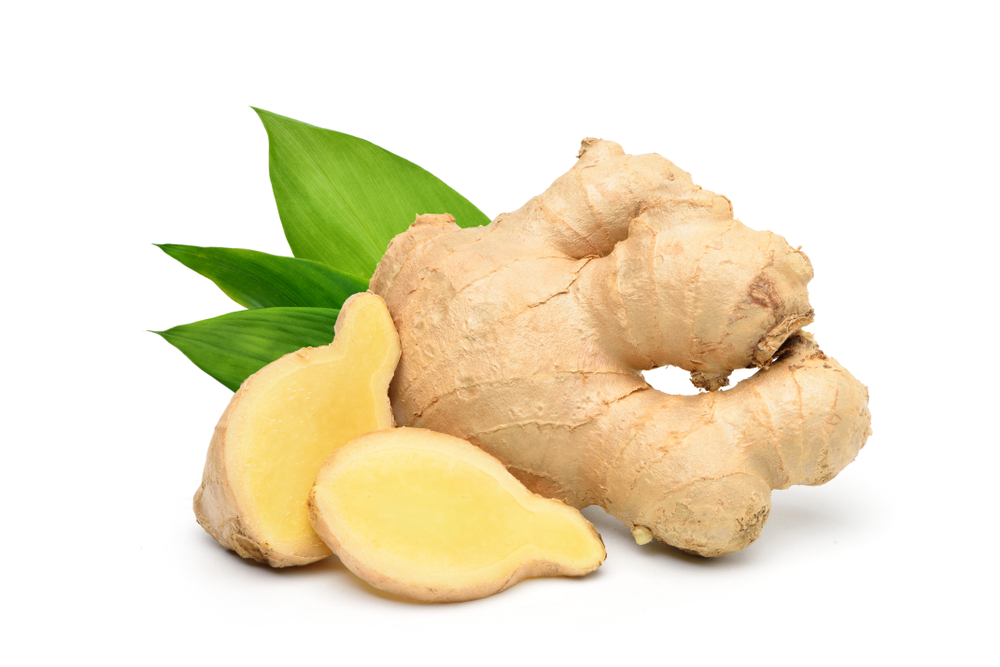
While this is not a drug interaction, it is still important to mention. Individuals with gallstones can potentially have their condition worsened by using ginger. The gallbladder is connected to the liver via the bile duct. It works as a storage place for bile, which is used to eliminate wastes and aid in the digestion of fats.
Ginger can increase bile production in the body. Some Chinese Medicine practitioners actually recommend it as a treatment for gallstones. However, it can also stimulate contractions that could lodge gallstones in the bile ducts.
How Much Ginger To Consume
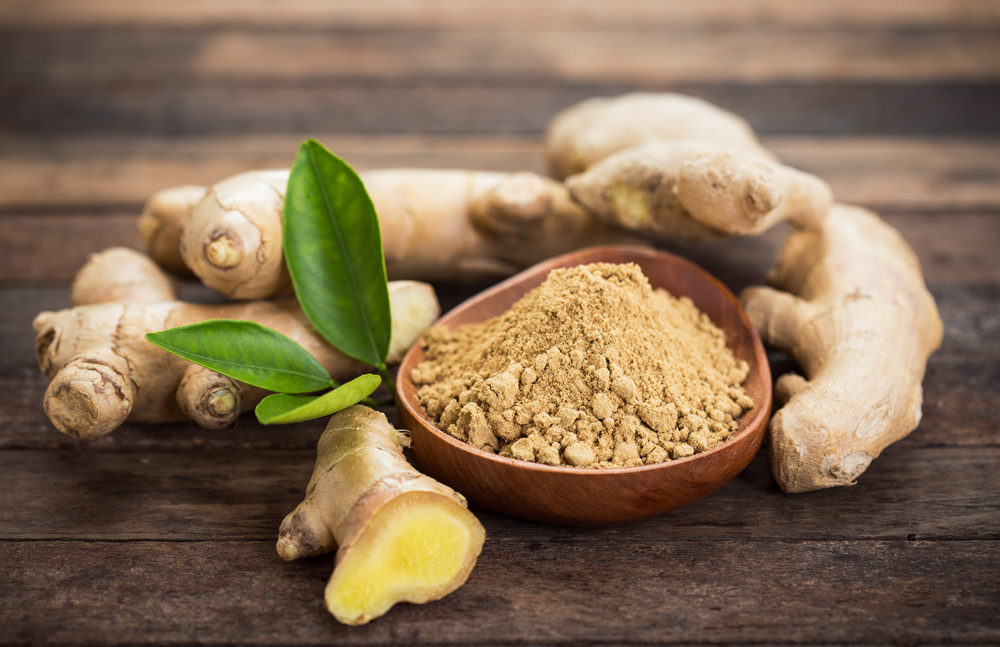
Many people have a good tolerance for ginger and use it for anything from digestive upsets to menstrual cramps and arthritis pain.
The PennState Hershey Medical Center suggests that people who are healthy can ingest up to 4 grams of powdered ginger a day. It can be used in fresh or ground form. The ground form is more concentrated, and a tablespoon of fresh ginger root equals ¼ of a teaspoon of dried ginger.
Read More: 3 types of people who should never use ginger – it can cause serious health problems!
Sources
- Hosseini, S.E. & Jahandideh, M. (2015). Effects of the alcoholic extract of ginger on sex hormone serum levels and ovarian follicles during pregnancy and lactation in the adult female offspring of rats. Journal of Babol University of Medical Sciences. 17. 74-80.
- Ginger: Uses, Side Effects, Interactions, Dosage, and Warning. (n.d.). Retrieved from https://www.webmd.com/vitamins/ai/ingredientmono-961/ginger
- Can Ginger Tea Affect High Blood Pressure Medications? (n.d.). Retrieved from https://www.livestrong.com/article/538241-can-ginger-tea-affect-high-blood-pressure-medications
- Shawahna, Ramzi and Assim Taha. “Which potential harms and benefits of using ginger in the management of nausea and vomiting of pregnancy should be addressed? a consensual study among pregnant women and gynecologists”BMC complementary and alternative medicine vol. 17,1 204. 8 Apr. 2017, doi:10.1186/s12906-017-1717-0
- “Ginger: Uses, Side Effects, Interactions, Dosage, and Warning.” WebMD, WebMD, www.webmd.com/vitamins/ai/ingredientmono-961/ginger.
- “Ginger and Diabetes: Is It Safe?” Healthline, Healthline Media, www.healthline.com/health/diabetes/ginger-and-diabetes#takeaway.
- PennState Hershey Medical Center. (2015). Ginger. Retrieved January 29, 2019, from https://pennstatehershey.adam.com/content.aspx?productId=107&pid=33&gid=000246
